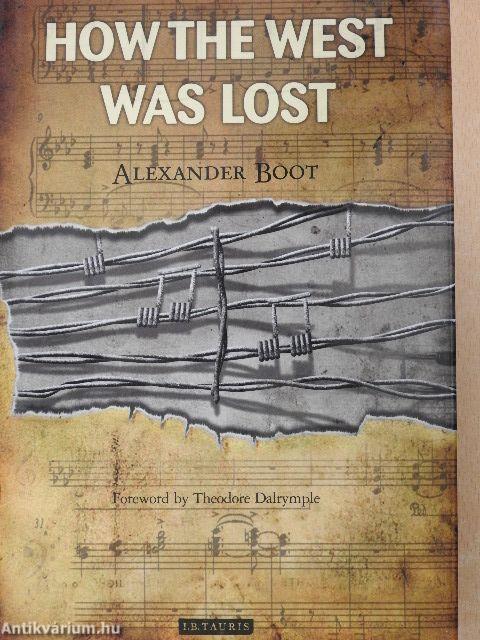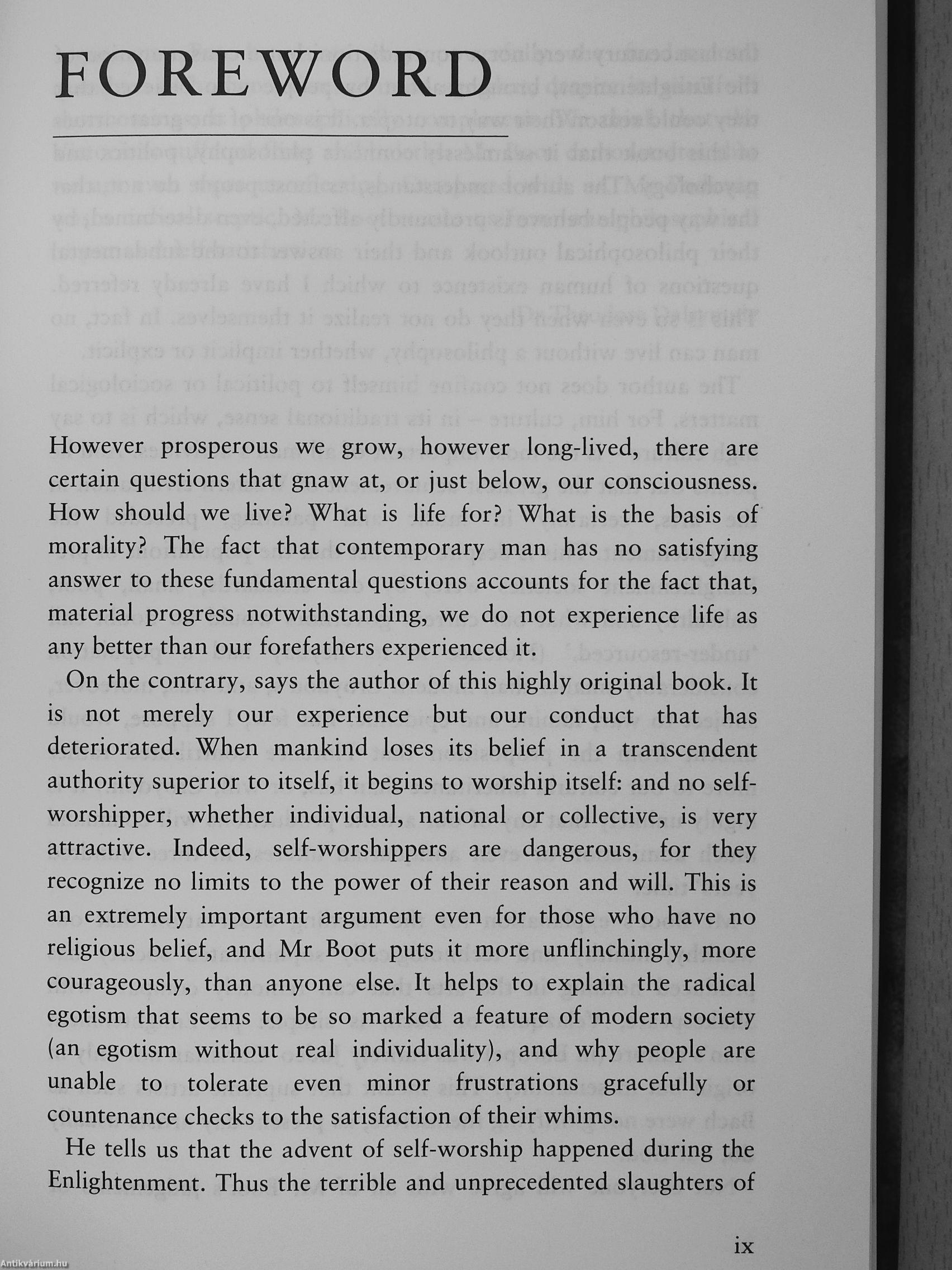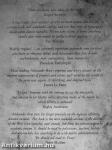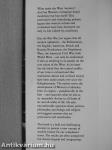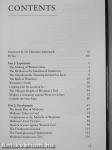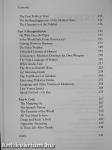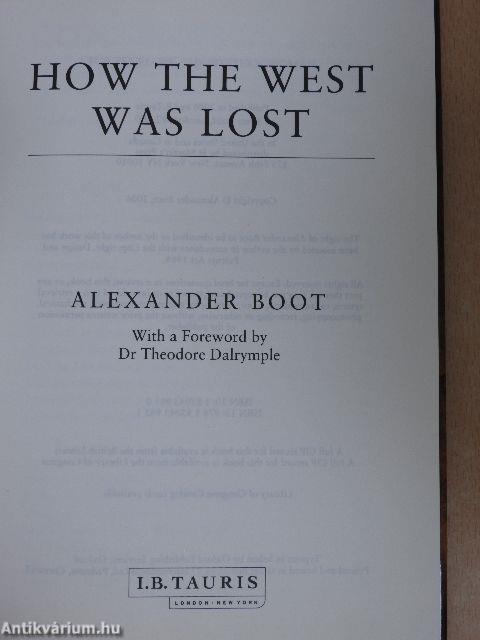1.067.053
kiadvánnyal nyújtjuk Magyarország legnagyobb antikvár könyv-kínálatát

VISSZA
A TETEJÉRE
JAVASLATOKÉszre-
vételek
How the West was Lost
| Kiadó: | I. B. Tauris |
|---|---|
| Kiadás helye: | London-New York |
| Kiadás éve: | |
| Kötés típusa: | Varrott keménykötés |
| Oldalszám: | 351 oldal |
| Sorozatcím: | |
| Kötetszám: | |
| Nyelv: | Angol |
| Méret: | 24 cm x 16 cm |
| ISBN: | 978-1-85043-985-1 |
naponta értesítjük a beérkező friss
kiadványokról
naponta értesítjük a beérkező friss
kiadványokról
Előszó
TovábbFülszöveg
'There are many wise ideas in this book'.' , '
¦if
Roger Scruton r- W-.
A startlingly char analysis of why we have become who we ate, '-f written with such admirable clarity and wit that news of humanity's defeat seems almost bearable. No one who claims to know anything ^ should open their mouth in public without reading it' •
FayWeldon •
'Highly original an extremely important argumeht even for those who have no religious belief and Alexander Boot puts it more unflinchingly, more courageously, than anyone else' • Theodore 'Dalrymple
'Those reading Alexander B-oot's vigorous and witty assault on the modern superstitions of progress and science will never see the world in the same way again. A refreshing and original voice' James Le Eanu
'At last! Someone with the courage to say the unsay able: that one can be for liberty while detesting many of the means by which, liberty is achieved' Digby Anderson
'Alexander Boot puts his finger precisely on the malaise affecting... Tovább
Fülszöveg
'There are many wise ideas in this book'.' , '
¦if
Roger Scruton r- W-.
A startlingly char analysis of why we have become who we ate, '-f written with such admirable clarity and wit that news of humanity's defeat seems almost bearable. No one who claims to know anything ^ should open their mouth in public without reading it' •
FayWeldon •
'Highly original an extremely important argumeht even for those who have no religious belief and Alexander Boot puts it more unflinchingly, more courageously, than anyone else' • Theodore 'Dalrymple
'Those reading Alexander B-oot's vigorous and witty assault on the modern superstitions of progress and science will never see the world in the same way again. A refreshing and original voice' James Le Eanu
'At last! Someone with the courage to say the unsay able: that one can be for liberty while detesting many of the means by which, liberty is achieved' Digby Anderson
'Alexander Boot puts his finger precisely on the malaise affecting western societies. His book is the most readable account of the decline of the West since Spengler, and serenely free from the contamination of academic jargon. It should be read by politicians, teachers, bishops and anyone who has anything to do with public administration. , ^ We should all read it. Twice'
Peter Mullen
' ! ,1 . 1 !
' i ¦ 'it:
1 ¦
I
I ¦ ¦ .1 Viil
1' I
v; i i ,
1 ,! 1 1 ! ' 1 " I'V
1 i' 'g
''4
M ¦> iV i 1 '' i 'i
! i j •
I - J I I'ii i ¦ii,;,
I i r • ¦ ¦1 i' '' i 'fl
i-i M iiiij
What made the West 'western? And has Western civiHsation found modernity but lost itself? This provocative and stimulating polemic argues that western culture and civilisation have been destroyed not only in, but indeed by, modernity.
How the West Was Lost argues that all modern upheavals - the Reformation, the English, American, French and Russian Revolutions, the Napoleonic Wars, the American Civil War, both World Wars — can only be understood if seen as resulting in an assault on the core values of the West. At its heart lies the belief that the central conflict of our time is cultural and that traditional culture and civilised society have been under attack ever since the Enlightenment. The author traces the development of Western civilisation from its origins - paradoxically in the East — and examines what he sees as its inexorable decline in all forms of art and all walks of life. He asks uncomfortable questions about politics, philosophy, psychology and religion and suggests answers that are provocative and unorthodox.
This book is a bold and challenging attempt to present a new concept of modern history for our complacent times. The results are often unexpected but always original and invigorating. Vissza
Témakörök
- Idegennyelv > Idegennyelvű könyvek > Angol > Művelődéstörténet
- Művelődéstörténet > Civilizációtörténet > Egyéb
- Művelődéstörténet > Kultúra > Kultúrfilozófia
- Filozófia > Témaköre szerint > Tanulmányok, esszék
- Filozófia > Témaköre szerint > Szakfilozófiák
- Idegennyelv > Idegennyelvű könyvek > Angol > Filozófia > Témaköre szerint > Tanulmányok, esszék
- Idegennyelv > Idegennyelvű könyvek > Angol > Filozófia > Témaköre szerint > Szakfilozófiák



